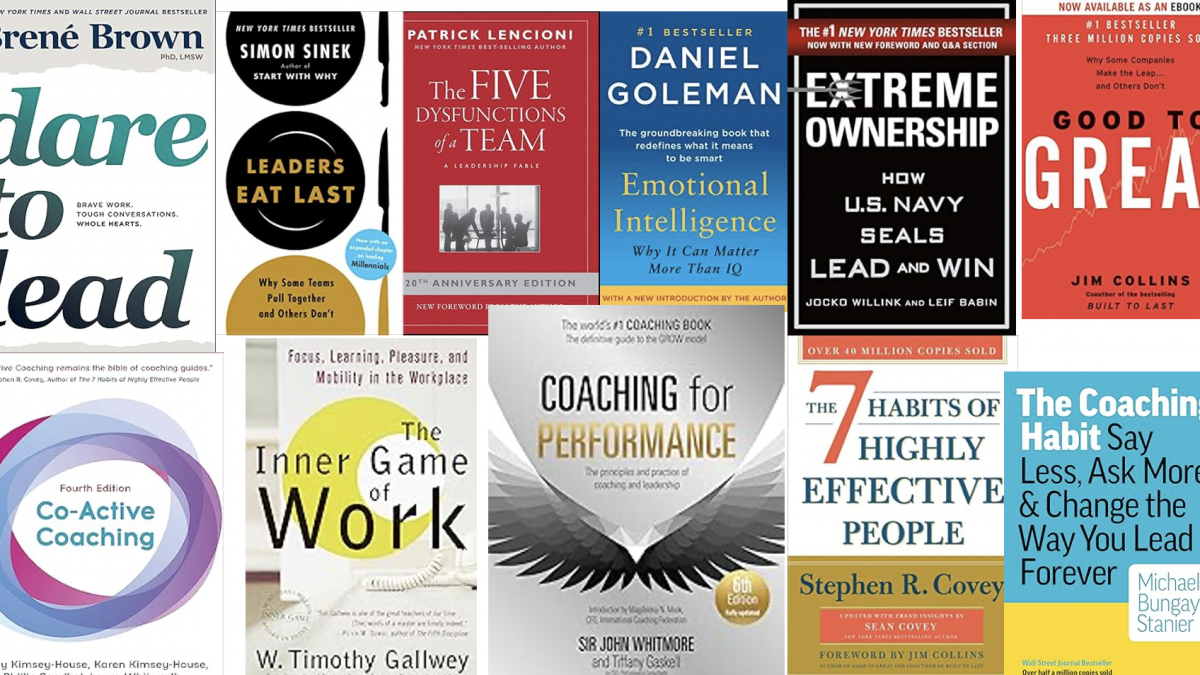
As leaders and coaches, we often focus on what we’re going to say next. But what if the most powerful tool in our arsenal isn’t speaking, but listening? Active listening is a game-changer in performance coaching, yet it’s often overlooked or undervalued.
The Communication Conundrum
In our fast-paced work environments, we’re constantly bombarded with information. It’s easy to fall into the trap of half-listening, already formulating our response before the other person has finished speaking. This approach, however, can lead to misunderstandings, missed opportunities, and disengaged employees.
What Is Active Listening?
Active listening is more than just hearing words. It’s about fully concentrating on what is being said, understanding the message, and responding thoughtfully. It’s a skill that, when mastered, can transform your coaching effectiveness and team dynamics.
Why Active Listening Matters in Coaching
1. Builds Trust and Rapport
When you truly listen to someone, you’re showing them respect and valuing their perspective. This builds trust, which is the foundation of any effective coaching relationship.
By giving your full attention and demonstrating genuine interest, you create an environment where employees feel safe to share their thoughts, concerns, and ideas openly.
2. Uncovers Hidden Insights
Active listening allows you to pick up on subtle cues and underlying messages that might otherwise be missed. It’s not just about the words being said, but also the tone, body language, and what’s left unsaid.
These insights can be invaluable in understanding an employee’s motivations, challenges, and potential, allowing you to tailor your coaching approach more effectively.
3. Enhances Problem-Solving
When you listen actively, you’re better equipped to understand the root of an issue. This deeper understanding leads to more effective problem-solving and decision-making.
Instead of jumping to conclusions or offering quick-fix solutions, active listening allows you to collaborate with your team members to develop more comprehensive and sustainable solutions.
How to Improve Your Active Listening Skills
1. Give Your Full Attention
Minimize distractions during coaching conversations. Put away your phone, close your laptop, and focus entirely on the person speaking.
Create an environment conducive to open dialogue. This might mean finding a quiet space for one-on-one conversations or establishing ground rules for team discussions.
2. Practice Non-Verbal Encouragement
Use non-verbal cues to show you’re engaged. Maintain appropriate eye contact, nod when appropriate, and use facial expressions that show you’re following the conversation.
Your body language should convey openness and interest. Avoid crossing your arms or multitasking, which can signal disinterest or impatience.
3. Use Clarifying Questions and Reflective Statements
Don’t assume you understand everything. Ask clarifying questions to ensure you’ve grasped the full message. For example, “Can you tell me more about that?” or “What do you mean when you say…?”
Reflect back what you’ve heard to confirm your understanding. This might sound like, “So what I’m hearing is…” or “It sounds like you’re saying…”
4. Resist the Urge to Interrupt or Judge
Allow the speaker to finish their thoughts before responding. Even if you think you know where they’re going, they might surprise you with additional insights.
Suspend judgment and keep an open mind. Your role is to understand, not to immediately evaluate or criticize.
Practical Takeaway
In your next coaching session, challenge yourself to listen more than you speak. Set a goal to ask at least three clarifying questions and use reflective statements to confirm your understanding. Pay attention to how this changes the dynamic of the conversation.
Conclusion: The Listening Leader
As I discuss in my upcoming book, “Maximizing Organizational Performance: A Guide to Effective Performance Coaching,” active listening is a cornerstone of effective coaching and leadership. By honing this skill, you’ll not only improve your coaching effectiveness but also create a more engaged, collaborative, and innovative team environment.
Remember, in the world of coaching, sometimes the most impactful thing you can say is nothing at all. Are you ready to listen your way to coaching success?
#ActiveListening #CoachingSkills #LeadershipDevelopment #EffectiveCommunication #MaximizeOrgPerf


